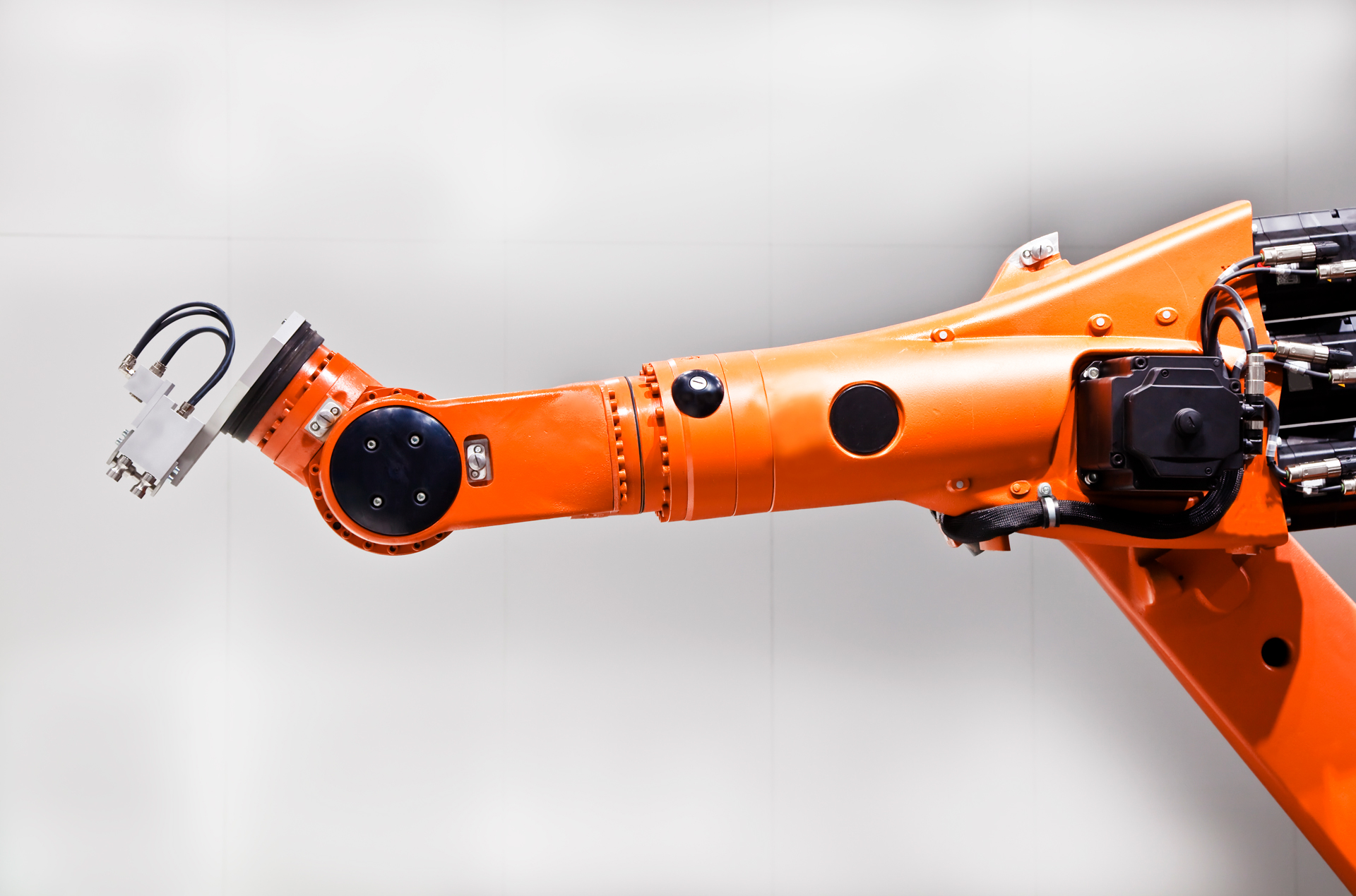AI image generation and maintenance: understanding future skills
The AI tools for image asset creation and augmenting existing assets in advanced media production report outlines the future skills required to ensure the UK’s creative industries keep up with technology.
AI in advanced media production
Rapid technological advancement has led to huge growth in the creative industries, and this is only set to increase. The 2023 creative industries Sector Vision aims to grow the creative industries by an extra £50 billion by 2030. This is in addition to creating one million extra jobs.
The Sector Vision sets out that this will be achieved by embracing increased digitisation and the application of artificial intelligence (AI), with machine learning and virtual reality (VR) both playing a key role in achieving this growth.
The latest call-to-action report from the Workforce Foresighting Hub identifies the insights and recommendations required to prepare the workforce to meet this growth.
This foresighting cycle outlines critical insights and recommendations for the use of AI to create images or adjust existing images in Advanced Media Production within the screen sector.
The report also outlines that Future Occupational Profiles (FOPs) should be leveraged to address skills gaps by updating standards and providing continuing professional development. The majority of these FOPs concentrate on capabilities in design, enterprise and implementation within the screen sector.

What are the key findings of the report?
The report, which follows a series of workshops as part of a workforce foresighting cycle carried out by the Digital Catapult, identifies that action is required in several areas to prepare the workforce to meet the challenges of an increase in AI:
- The organisational capabilities that are required to adopt AI technology into the Advanced Media Production workflow are not well served the current IfATE (Institute for Apprenticeships and Technical Education) apprenticeship standards across all academic levels.
- In addition to AI, capabilities are required around digitisation, automation, VR simulation and compliance. The data highlights the need for rapid development of short training modules to address skills gaps and longer courses to cover these.
- It will be important to identify and prioritise “best-fit” occupational standards to develop further educational provision.
- Of the few apprenticeship standards that are “best-fit”, all of them are from the manufacturing sector. This highlights a need to engage a wide variety of sectors to fill skills gaps that are highly in demand across the economy.
- Capabilities for regulatory compliance within organisations exist across different parts of the workflow or production, alongside ethics and copyright capabilities for the design and implementation of AI.
- There is a high level of expertise that will be required across all role levels over the next 18-24 months.
Are there any specific areas of concern?
The report identifies key areas of concern that should be tackled, these include:
- The potential shortage of skilled workers within the screen sector, which could hinder the UK’s overall objectives in this area.
- An anticipated skills gap in the screen sector, particularly as AI for image asset creation in visual production continues to evolve. The need for immediate and coordinated efforts by educators, employers, and stakeholders is emphasised to bridge this gap and support the UK’s ambitions to lead in the screen economy.
What are the recommended actions?
The report identifies a number of recommended actions to ensure that the UK screen sector is prepared to meet future demands, including:
- Advocating for the revision of occupational standards to align with future workforce needs, ensuring the sector remains competitive.
- Educators, awarding bodies, and employers should collaborate to tailor course content that aligns with new capabilities and existing occupational standards.
- Immediate efforts are needed to prepare short-term training solutions that meet the current demands of technology.
- Identifying and reskilling those with transferable skills from other sectors to fill high-demand roles.
- Formalising the integration of future skills requirements into existing occupational standards and training programs, particularly for new entrants, based on prioritised FOPs.
- Education (IFATE) standards and relevant qualifications in partnership with employers are essential. This process should focus on identifying gaps and providing necessary feedback.
- Regular review and adaptation of the FOPs, along with broad dissemination of findings among stakeholders, are crucial to ensure that the workforce remains aligned with future demands.
By addressing these recommended actions, the report aims to ensure that technological advancements will continue to allow the UK’s creative industries to grow with a sufficiently skilled workforce.
Related programme

Workforce Foresighting
How do we build a skilled workforce for tomorrow’s industries? The Workforce Foresighting Hub has developed a structured process, aligned with national policy, to help deliver a workforce to exploit innovative technologies in the UK. We’re supporting industry, policymakers and educators to adapt to continuing change.
Related content

Creative Industries
The Innovate UK Business Connect Creative team helps organisations interested in innovation in the Creative Industries to access funding, expert knowledge and to make powerful and diverse connections.

Robotics & AI
From Healthcare to Legaltech, Robotics and Artificial Intelligence are significant globalised technologies that can be applied in many sectors. The extensive industrial and academic research base in the UK can support both the national and global markets in addressing key challenges impacting societies today.


